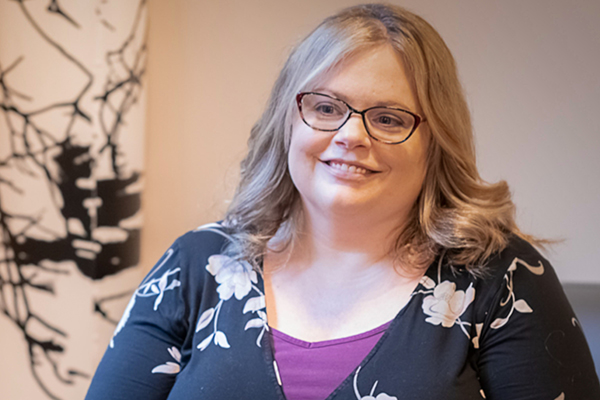
10 tips to extract the MOST from your counselling sessions
Article by Dee-Anne Doak, MACP/RCCSo you’ve decided to book time with a counsellor – that’s fantastic. Here are 10 simple tips to help you make the most out of your sessions.

How can I get the most out of counselling?
As a clinical counsellor with years of practical experience, I’ve seen what works – and what doesn't.
Fortunately, following these simple tips can give you a good head start! Here are my top tips to help you extract the most out of your counselling sessions.
Tip# 1: Pick your times carefully
Set up your appointments for times when you aren’t rushed, if possible, so you can keep your mind focused on counselling. It will be more effective if you are able to be present and limit distractions.
Tip# 2: Set goals
Vague ideas about self-improvement won’t get you the results you are hoping for. Be prepared to set specific, attainable goals within a specified time frame, and write them down so you can refer back to them. Goal-setting is an important part of the process, and something we will tackle right from the start.
Tip# 3: Work between sessions
When your session is over, you may have thoughts swimming around in your head. Take time to reflect on your thoughts and feelings – and jot them down. Do the suggested homework and practice any new skills you learned.
Tip# 4: Keep track of questions to ask
It is common for me to hear “there was something I wanted to talk about – but I forget.” During the time between your sessions, consider keeping a list of questions to ask me on your phone as a reminder.
Tip# 5: Practice your interpersonal skills with your counsellor
If you struggle with setting boundaries, speaking your mind, or trusting people, use your counselling time to try new things and test out new skills. As you build up your relationship with your counsellor, you should find it more and more easy to practice the skills you are learning.
Tip# 6: Don’t hold back
People are often self-conscious talking about things they have experienced, especially if there is any guilt or shame attached to the experience. I am comfortable talking about delicate subjects. I won’t judge you.
Tip# 7: Remember to share
Counselling is a collaborative process. Any information you can share about your needs, preferences, and past counselling experiences will help. And just as importantly, if something isn’t working for you, please speak up! I am invested in your progress, not any specific ideas.
Tip# 8: Keep your expectations realistic
Give the process enough time for it to work. Focus on what you are able to control, and be willing to work to meet your expectations. Counselling is not a magic trick that will make your troubles disappear. It is a process, and like many things in life, you get out what you put in.
Tip# 9: Keep an open mind
Some suggestions I make might seem unusual to you. Consider pushing your comfort zone a bit (within limits). If you want things to be different in your life, you may need to do something different from usual.
Tip# 10: Keep your appointments
You made a decision to enter into counselling for a reason. Make it a priority to keep your appointments unless something urgent arises. Missing one appointment can often create a slippery slope towards missing more. Keeping you appointments will keep you focused – and also help prevent paying missed appointment fees.
